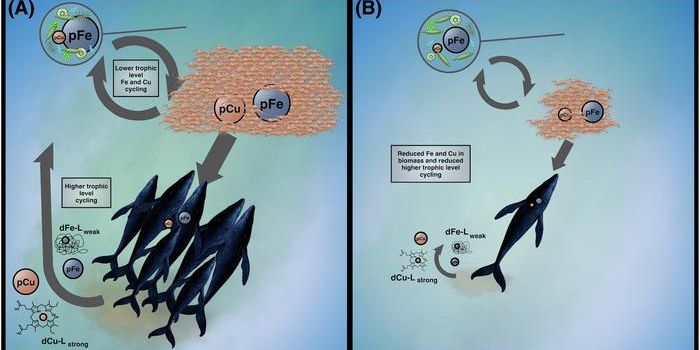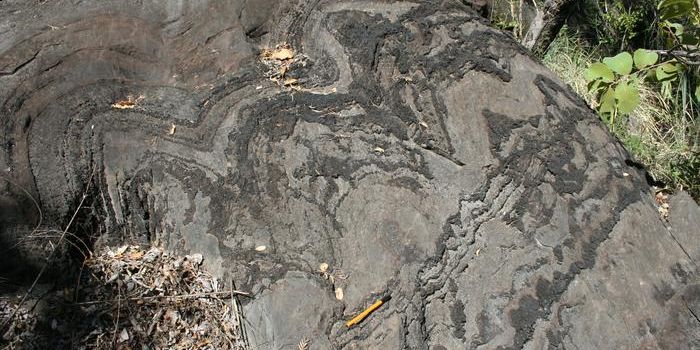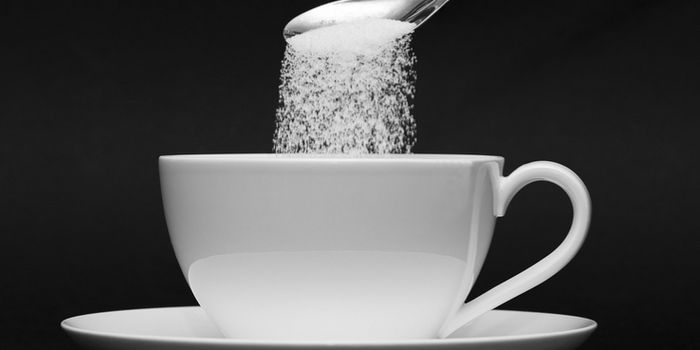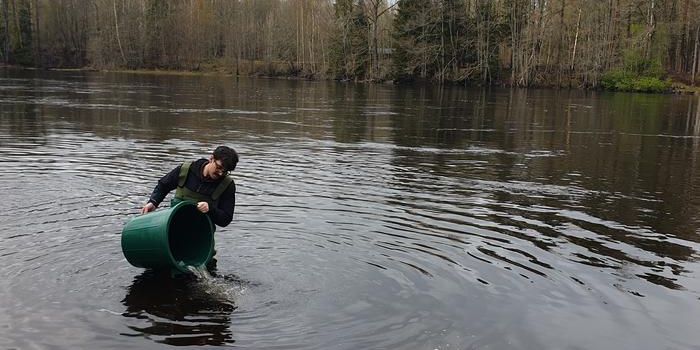Tooth-rejuvenating Hydrogels as Alternative to Root Canal Therapy
When the tooth's pulp has a baterial infection, the sensitive nerve endings can become painfully inflamed. Root canal therapy, also known as the endodontic treatment, needs to be performed to prevent the infection/inflammation from spreading further into other tissues. It often involves removing diseased pulp tissue, disinfecting the canal space, and then filling the space with latex or cement, and caping with a crown.
A lot of recent dentistry research has been dedicated to revascularization, a rejuvenating approach that aims to repopularize the canal with new blood vessels and dental pulp.
A team of biomaterial researchers at the New Jersey Institute of Technology came up with a type of peptide-based biomimetic hydrogels, which holds great potential to facilitate the regeneration of the pulp tissue at the diseased tooth, providing a truly therapeutic alternative to root canal therapy.
The center of their study is a dentinogenic peptide which is capable of self-assembling into β-sheet-based nanofibers. These nanoscaled polymers make up a perfect environment for hosting dental pulp stem cells. On top of that, the hydrogels are biodegradable and injectable, making them safe and easy to apply. Their experiment showed the hydrogels highly compatible with cultured fibroblasts and dental pulp stem cells.
The researchers hope that the self-assembled peptide can one day be used in patients for pulp regeneration in lieu to root canal surgery, as well as in other tissue engineering applications.
Source: ACS via Youtube








